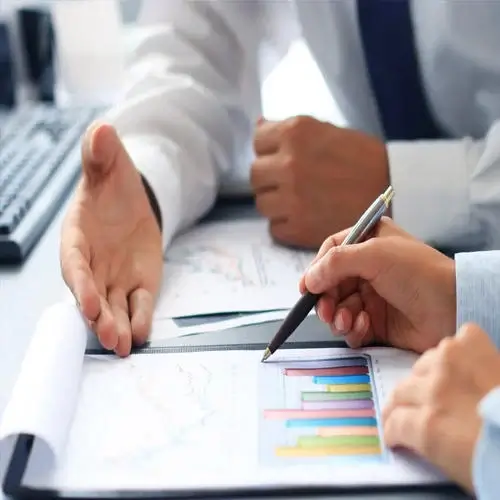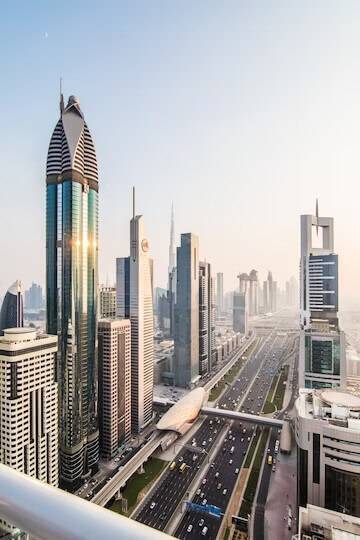

Value Added Tax (VAT)
Value Added Tax (or VAT) is an indirect tax. Occasionally, it might be referred to as a type of general consumption tax. In a country which has a VAT, it is imposed on most supplies of goods and services that are bought and sold.
VAT is charged at each step of the “supply chain”. Ultimate consumers generally bear the VAT cost while businesses collect and account for the tax, in a way acting as a tax collector on behalf of the government.
A business pays the government the tax that it collects from the customers while it may also receive a refund from the government on tax that it has paid to its suppliers. The net result is that tax receipts to the government reflect the “value add” throughout the supply chain. Below is a simple, illustrative example explaining how VAT works (based on a VAT rate of 5%):
VAT implementation in the UAE
The UAE Federal and Emirate governments provide citizens and residents with many different public services – including hospitals, roads, public schools, parks, waste control, and police services. These services are paid for using government budgets. VAT provides our country with a new source of income, contributing to the continued provision of high quality public services in the future. It also helps the government move towards its vision of reducing dependence on income derived from oil and other hydrocarbons. VAT was introduced across the UAE on 1st January 2018 at a standard rate of 5%.
VAT implementation in coordination with other GCC countries
The UAE is part of a group of countries which are closely connected through “The Economic Agreement between the GCC States” and “The GCC Customs Union”. The GCC group of nations have historically worked together in designing and implementing new public policies as we recognise that such a collaborative approach is best for the region.




